April 19, 2025 | 05:52 GMT +7
April 19, 2025 | 05:52 GMT +7
Hotline: 0913.378.918
April 19, 2025 | 05:52 GMT +7
Hotline: 0913.378.918
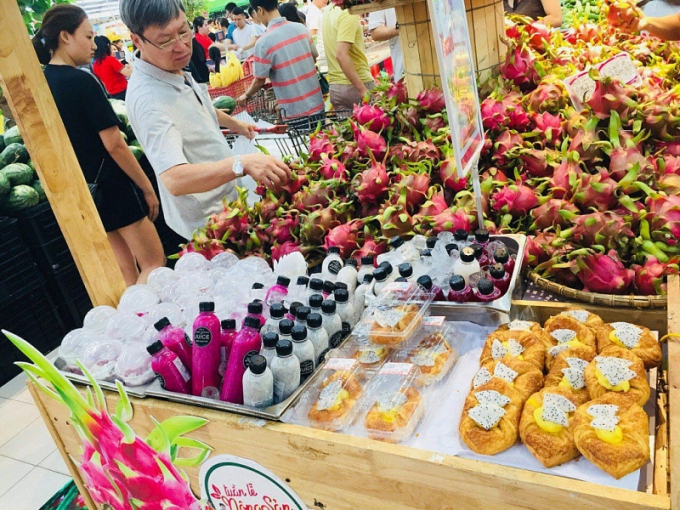
Vietnam has many untapped agricultural products that are suitable for the needs of the Halal market. Photo: Tung Dinh.
Huge potential
At the Conference on Promoting International Cooperation to Develop Vietnam’s Halal Industry, MARD Deputy Minister Le Quoc Doanh said that Vietnam is among the world's top 15 leading nations in agricultural exports. Vietnam's agro-forestry-fishery goods have been marketed to 196 countries and territories, with their quality, value, and market position constantly increasing.
Vietnam's agricultural and fisheries products have been praised for matching the demands of the Halal market. According to the Global Islamic Economy report, expenditures on Halal food will significantly climb from USD 1.4 trillion in 2020 to USD 1.9 trillion in 2024 and USD 15 trillion in 2050.
"Therefore the worldwide market for Halal goods is ripe with opportunity, particularly for agricultural, forestry, and fisheries products and foods,” said Deputy Minister Le Quoc Doanh.
The MARD leader said that several Vietnam agricultural products have met the standards of food hygiene and safety as well as Halal certification, which is required by Muslims.
By 2021, over fifty percent of provinces and cities have exported food to the worldwide Halal market. A few major companies and over seven hundred and fifty small and medium-sized Vietnamese businesses have obtained Halal certification.
At present agricultural, raw and semi-processed aquatic goods are Vietnam's primary export of Halal foods, with eight key export categories being confectionery and cereal products, rice, aquatic products, cashew nuts, coffee, vegetables, pepper, and tea.
Deputy Foreign Minister Pham Quang Hieu said that in order to access and exploit the Halal market, it is necessary to provide suggestions on mechanisms, policies, and practical implementation in addition to focusing on policy dialogue, guiding the production, processing and marketing for Halal certification of agricultural, forestry, and fishery products.
At the same time it is also important to promote the development of a common set of Halal certification standards across the Southeast Asia - South Asia - South Pacific region. This promotion would apply to agricultural, forestry, and fishery products, Halal certification activities and international cooperation and mutual recognition for the Islamic market around the world.
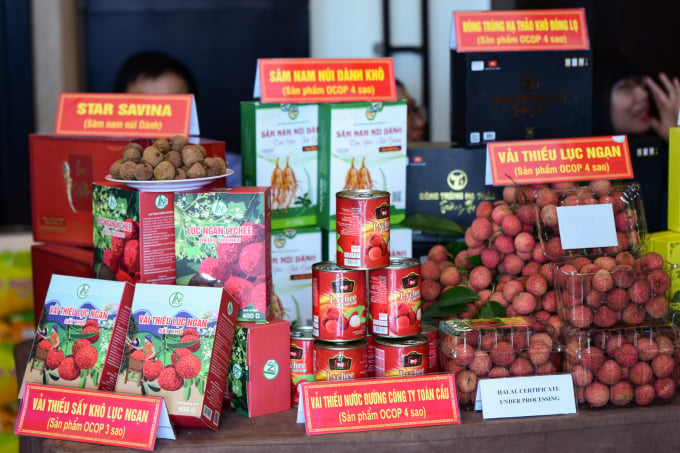
The strengthening of international cooperation and information connection will be the driving force to open up the Halal market for Vietnamese agricultural products. Photo: Tung Dinh.
During the Conference, a number of international participants, including the Ambassadors of Brazil, Pakistan, and Indonesia, as well as foreign specialists, enterprises, etc., outlined some of the difficulties Vietnam has in its efforts to penetrate the Halal market.
Representatives of nations discussed their experiences and strategies for the development of Halal businesses. They urged that Vietnam maximize international cooperation and forces to facilitate deeper penetration of products and services into the global Halal market.
The attendees highlighted the potential for collaboration between Vietnam and other nations in the Halal field, such as fostering bilateral and multilateral partnerships to develop the Halal industry between Vietnam and partners, particularly Islamic and ASEAN nations.
The possibility was raised of two other actions to take: to launch agreements on mutual recognition in the Halal field, increasing the attraction of foreign investment for the construction of Halal production facilities which meet international standards; and to support the connection of Vietnamese businesses with prestigious Halal certification organizations and international partners.
Tran Thi Minh Thu, a representative of the Government Committee for Religious Affairs, highlighted the need to foster international cooperation in order to broaden Halal export markets and capitalize on the Islamic market's potential.
One option proposed by Tran Thi Minh Thu was collaboration in the development of a Vietnam Halal standard system to fulfill worldwide and country-specific Halal requirements. Developing standards such as this requires collaboration with the Standards and Metrology Institute for Islamic Countries (SMIIC) of the Organization of Islamic Cooperation (OIC).
It is also necessary to cooperate with and assist Vietnamese firms engaged in the manufacture and export of Halal goods in terms of knowledge, markets, warnings of potential difficulties and risks, and connection with the market authorities.
Pham Hoai Linh, a representative of the Asia-Africa Market Department of the Ministry of Industry and Trade, said that it is vital to issue Vietnam's Common Standards on Halal goods, as well as analyze and propose regulations, as soon as possible.
In addition it is vital to increase the work of information, communication, and training in local communities so that enterprises and producers may obtain a deeper understanding of the cultural, commercial, and regulatory peculiarities of Muslim nations.
Lack of knowledge
According to localities and businesses, particularly in Thanh Hoa and Bac Giang, one of the obstacles to the production and export of Halal products is the lack of information about the Halal market and standards, as well as the relatively high investment costs for production lines and equipment used in the production of Halal products.
Vietnam has yet to establish its own trade promotion platform for Halal goods and faces stiff competition from several nations with comparable export structures.
The greatest barrier to exporting Vietnamese Halal goods to the global market is obtaining a range of Halal certifications in accordance with the specific needs of each market. Numerous Vietnamese goods meet criteria such as OCOP and organic agricultural certification but are not Halal-certified.
Halal certification organizations also demand their leaders and specialists to be Islamic, but the number of individuals who match these requirements is very limited.
Translated by Linh Linh
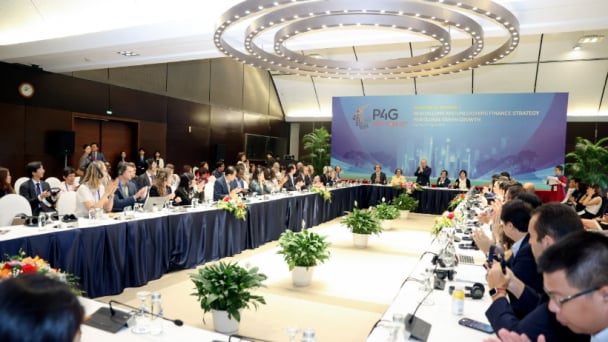
(VAN) Green finance needs to undergo global reform to ensure capital flows to the right places, at the right time, and supports a just green transition.
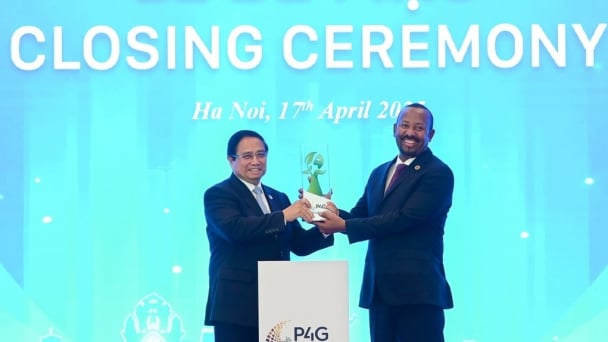
(VAN) On the afternoon of April 17, Prime Minister Pham Minh Chinh chaired the closing ceremony of the P4G Vietnam Summit 2025, with the theme 'Sustainable and People-Centered Green Transformation.'
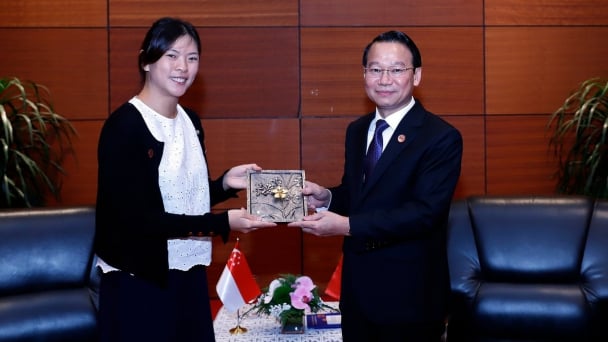
(VAN) Vietnam and Singapore are poised to sign the Paris Agreement and collaborate on implementing large-scale renewable energy projects that are mutually beneficial.
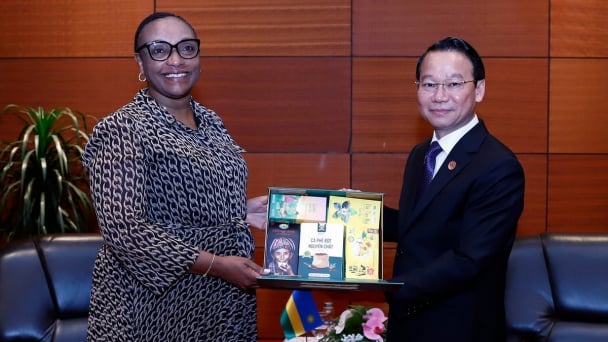
(VAN) Vietnam and Rwanda agreed to promote agricultural and environmental cooperation towards green growth and sustainable development in the new period.
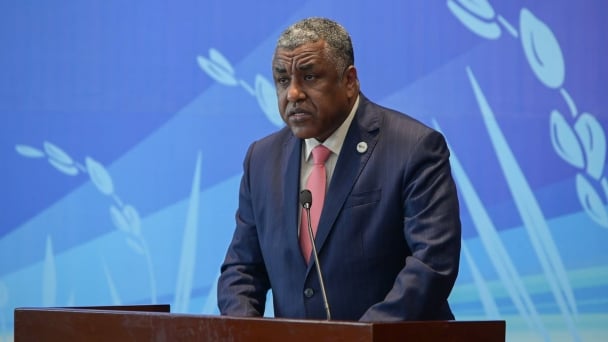
(VAN) With a comprehensive food system transformation roadmap, Ethiopia has become Africa's largest wheat producer, ensuring domestic consumption and export.
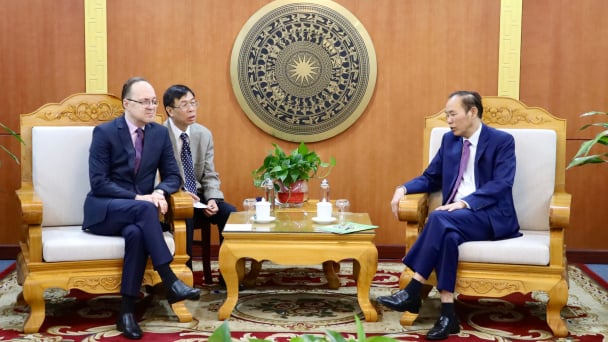
(VAN) On the morning of April 17, Deputy Minister of Agriculture and Environment Phung Duc Tien welcomed and worked with Mr. Gennady Bezdetko, Ambassador Extraordinary and Plenipotentiary of the Russian Federation to Vietnam.
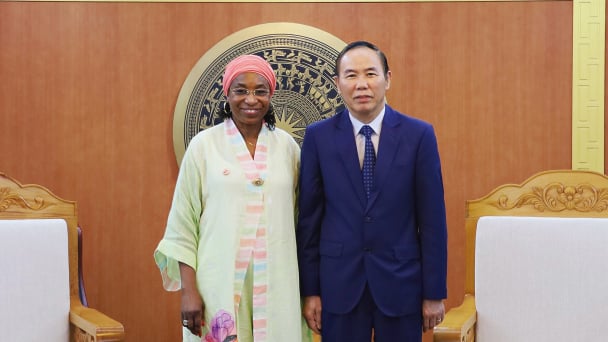
(VAN) On the afternoon of April 17, Deputy Minister of Agriculture and Environment Phung Duc Tien received with UNIDO Deputy Director-General Fatou Haidara.